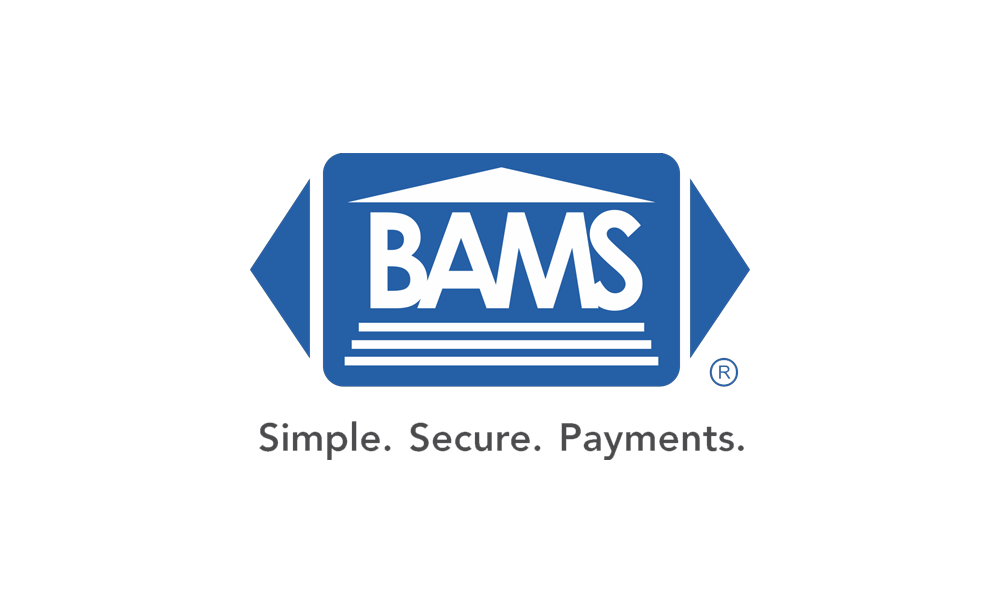What is a Payment Gateway?
Payment gateways are a crucial tool in both ecommerce and brick-and-mortar sales, but many merchants don’t necessarily understand what their gateways do or why they really need to have one at all. With that in mind, the following is a quick refresher on what gateways are, how they work, and why they’re so important.
What is a Payment Gateway
A payment gateway is an application that handles two primary things in the payments process; encryption and movement of customer data. When a transaction is made, the gateway takes in the customer’s payment data, encrypts or tokenizes it, and securely transfers it to the other parties that need to access it to issue an approval – namely a merchant’s payment processor and the customer’s issuing bank.
Once an approval or denial decision is made by the issuing bank, it flows back through the gateway and is sent to both the merchant, informing them to release the goods or services, and to the customer, informing them of the success or failure of their payment.
In essence, the gateway is the hub through which payment information flows at every stage of the transaction.
Why Payment Gateways are So Important to Merchants
Payment gateways are a critical part of all merchants’ payments technology stack for a number of reasons. First and foremost, a gateway is necessary for processing to occur at all. Remove the gateway and there is nowhere for payment data to go from a customer’s card. Whether a merchant uses a standalone gateway, one integrated into another piece of their payments technology, or an all-in-one system like Shopify, a gateway is always present somewhere.
Additionally, the payment gateway is a core part of the transaction security process. By ensuring customer data is secure whenever it’s in motion, a gateway both protects the customer’s sensitive data from attackers and protects the merchant from the potential liability and crippling costs that can come with a data breach.
Ecommerce vs. In-Store Gateways
Ecommerce gateways like the ones offered by NMI and Authorize.Net are software solutions that merchants pay for as a service in order to facilitate and secure online transactions. However, all brick-and-mortar merchants use gateways, too – they’re just a little less obvious.
In-store, the gateway is built directly into the payment terminal and isn’t something the merchant ever has to think about. But hardware-integrated gateways function in effectively the exact same way their ecommerce counterparts do, transmitting and encrypting payment data, often the second a card is swiped, inserted, or tapped – known as point-to-point-encryption (P2PE).
Merchant Account Integration
Most gateways function seamlessly with most merchant accounts, meaning businesses rarely have to worry about a conflict between their payments systems and their banking. However, to be sure everything works seamlessly, it’s best to choose a merchant services provider that offers the widest possible set of software integrations or, better yet, one that offers gateway services as part of a merchant’s overall service package.
BAMS is a leading payment processor offering merchants unparalleled choice in both their gateway providers and all other areas of their payment systems, including payment hardware, point-of-sale systems, and more. BAMS merchant accounts also offer some of the lowest transaction fees in the industry thanks to affordable and transparent interchange-plus pricing.
To find out more about BAMS merchant accounts and how they can slash your monthly merchant statement, get started with a free comprehensive five-point price comparison today.




